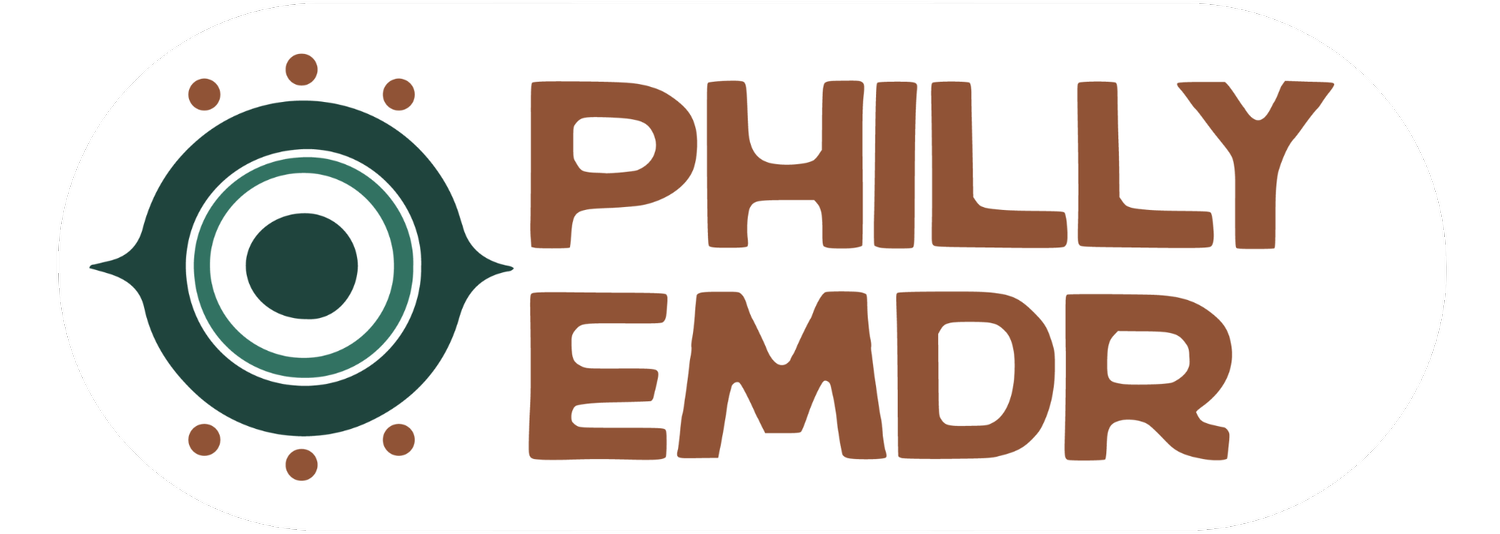Navigating Holiday Exhaustion: A Vital Milestone in Trauma Therapy
The holiday season can be a time of joy and celebration, but for those on the journey of trauma therapy, it often comes with a unique set of challenges. In this installment of our series, we explore a crucial aspect that many may encounter: the feeling of exhaustion. Experiencing more fatigue than usual is a normal reaction for a lot of people. Despite the frustration that comes with lacking energy, there are things to keep in mind that help you know you’re on the path of healing.
Your Nervous System is Oriented Differently
As you progress in trauma therapy, you're essentially rewiring your nervous system. This process is a profound transformation, but it can also be disorienting. You’ve been oriented towards survival and the ways in which you used to navigate the world are changing, and this shift can feel weird, uncomfortable, and possibly even scary. It's important to recognize that this discomfort is a signal of progress—a sign that you're moving away from survival mode and towards a more authentic, thriving, and present version of yourself. Be patient with yourself as you are experiencing this reorientation.
Your Nervous System is Oriented Differently
As you progress in trauma therapy, you're essentially rewiring your nervous system. This process is a profound transformation, but it can also be disorienting. You’ve been oriented towards survival and the ways in which you used to navigate the world are changing, and this shift can feel weird, uncomfortable, and possibly even scary. It's important to recognize that this discomfort is a signal of progress—a sign that you're moving away from survival mode and towards a more authentic, thriving, and present version of yourself. Be patient with yourself as you are experiencing this reorientation.
Embracing Embodiment and Presence Takes Energy
Being fully present and embodied is a powerful aspect of healing, but it's not without its challenges. If dissociation or avoidance were once your primary coping mechanisms, actively engaging with your emotions and experiences can be draining. You're investing energy in a new way, redirecting it towards understanding and processing rather than numbing or escaping. It's a courageous step, but it's entirely normal to feel fatigued during this transition. Again, be patient with yourself as you get used to your new energy levels. Protecting your energy is going to be a new, necessary normal for you.
Unveiling Dysfunction: Mental and Emotional Liberation
One of the revelations that may contribute to your exhaustion is the realization that dysfunction has always been present in certain relationships. In the past, you might have engaged in mental and emotional gymnastics to rationalize or justify the behavior of others. Now, as you progress in trauma therapy, you're seeing things more clearly. The toxic patterns, behaviors, or beliefs of family or friends that you’ll be spending time with this season will be more evident. It can be jarring to acknowledge that the dysfunction wasn't a recent development and it can be overwhelming to realize that there’s nothing you can do to change it. Some people may even experience backlash from people for not participating actively in toxicity anymore.
This recognition is a powerful milestone. It means you're no longer accepting toxic patterns as normal or excusable. While this revelation might be emotionally taxing, it's a crucial step toward breaking free from cycles of dysfunction. The fatigue you're experiencing is, in many ways, the exertion of breaking those barriers and reclaiming your mental and emotional autonomy.
Embracing the Fatigue as a Sign of Progress
If you're feeling exhausted during this holiday season, recognize it as a testament to your progress in trauma therapy. Your nervous system is evolving, and you're investing energy in new, healthier ways of being. The discomfort and fatigue are signals of transformation, not regression. As you navigate this holiday season, be gentle with yourself, practice self-compassion, and acknowledge the profound work you're doing. In our next installment, we'll explore the emergence of new triggers—a sign that old wounds are healing and making way for a brighter, healthier future. Stay tuned for more insights and guidance on your healing journey.

